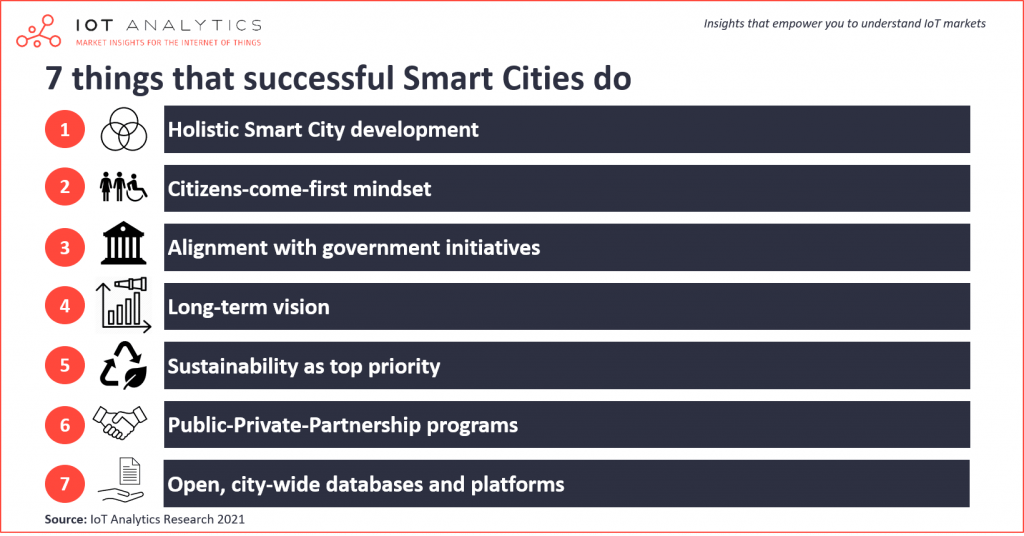[Cities Today] Smart cities of the future: 7 things that successful cities do
https://cities-today.com/industry/smart-cities-of-the-future-7-things-that-succe…
The cities that can be regarded as being at the forefront include Barcelona, Amsterdam, Singapore, New York, San Francisco, Dubai, Copenhagen, Seoul, Tokyo and Adelaide.

Seoul Related Comments
1. Example of Citizens-come-first mindset
Successful smart cities also develop participatory platforms that empower citizens to submit and vote on local policy proposals (e.g. Barcelona’s Decidim platform, Seoul’s mVoting platform).
These platforms also enable cities to listen to their citizens’ opinions without conducting traditional surveys that are costly and time-consuming.
As of March 2017, 4,404 proposals have been voted on via the Seoul mVoting platform (88.3 percent of which were proposed by the citizens, with the remaining 11.7 percent by officials), with 181 of them becoming Seoul’s Policy.
Through mVoting, citizens have been able to participate in various city decisions, ranging from ordinary city life issues such as whether certain city parks should be designated non-smoking areas to major budgetary decisions such as where to spend a certain portion of the municipality’s annual budget.
2. Example of Open, city-wide databases and platforms
Developing open, city-wide databases and platforms whereby various city-related datasets and platforms are freely available to the public constitutes another top priority in the agenda of smart cities of the future.
Making city datasets freely available has been demonstrated to bring about many benefits for cities, including improving city services and government operations through citizen participation and the emergence of new data-driven business models.
Additionally, open data initiatives are a crucial part of smart city development since they stimulate innovation by enabling citizens and businesses to leverage key data for creating smart city solutions.
Examples: Seoul has created Open Data Plaza, an open platform that enables third-party developers and researchers to access various urban datasets. Similarly, Copenhagen has created Open Data DK, an online portal where key data about the city can be freely accessed.
https://cities-today.com/industry/smart-cities-of-the-future-7-things-that-successful-cities-do/
